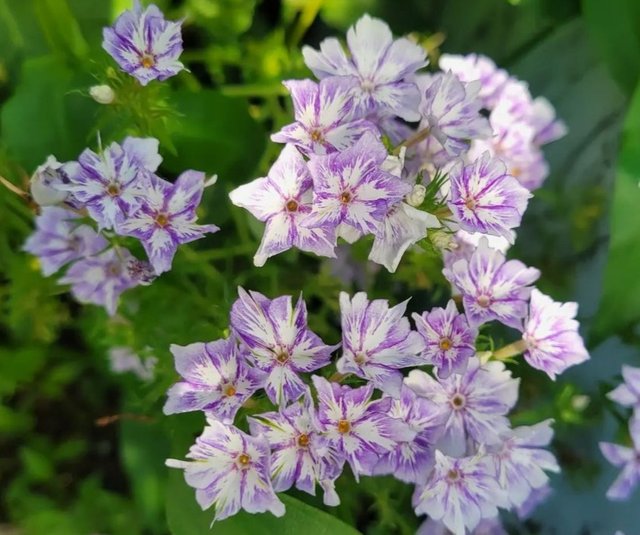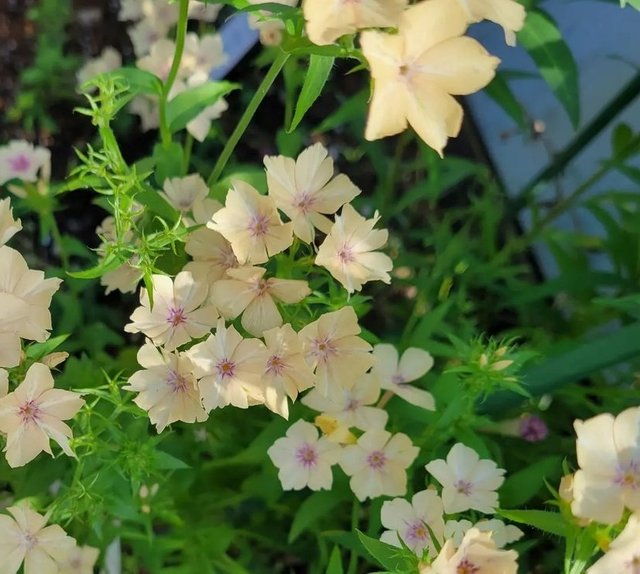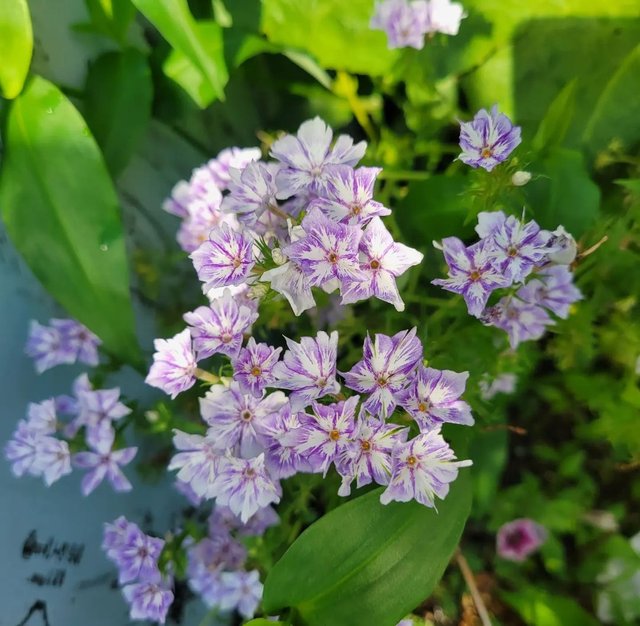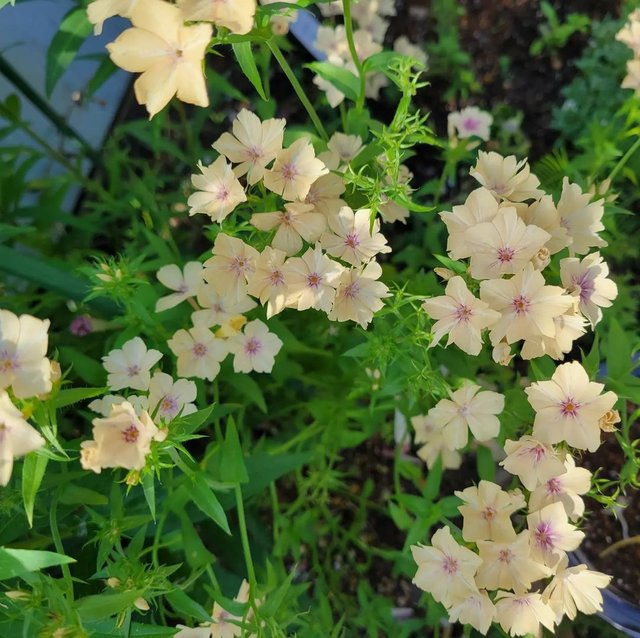Phlox subulata Flower




Phlox subulata, commonly known as moss phlox or creeping phlox, is a delightful perennial ground cover that blankets the ground in a tapestry of vibrant hues, signaling the arrival of spring with its stunning display of flowers. As its common names suggest, this plant forms a low-growing mat, reminiscent of moss, and its needle-like foliage adds texture and interest to garden landscapes.Phlox subulata is native to North America and thrives in rocky, well-drained soil in full sun to partial shade. Its evergreen foliage forms dense, spreading mats, which serve as an excellent weed suppressor once established. The foliage is typically dark green, but some cultivars offer variations in color, ranging from silvery-gray to bronze-green.
One of the most captivating features of Phlox subulata is its profusion of flowers that adorn the plant in early to mid-spring. These flowers emerge in clusters at the tips of the stems, creating a stunning carpet of color. The blooms come in a range of shades, including pink, purple, white, and bi-colors, attracting pollinators such as butterflies and bees to the garden.Gardeners have a wide array of cultivars to choose from, each offering its own unique characteristics. Some popular cultivars include 'Candy Stripe,' which boasts pink flowers with white stripes, 'Emerald Blue,' known for its vibrant blue-purple blooms, and 'Scarlet Flame,' featuring striking red flowers with dark centers.
To cultivate Phlox subulata successfully, ensure it is planted in well-drained soil with good air circulation. It is essential to avoid overwatering, as this can lead to root rot. Once established, moss phlox requires minimal maintenance, making it an excellent choice for busy gardeners seeking a low-maintenance ground cover with high visual impact.Phlox subulata is incredibly versatile and can be used in various landscaping applications. It is commonly employed as a ground cover in rock gardens, border edging, or cascading over retaining walls. Its ability to thrive in poor, rocky soils makes it an ideal choice for challenging garden environments where other plants struggle to survive.
Nice captures!